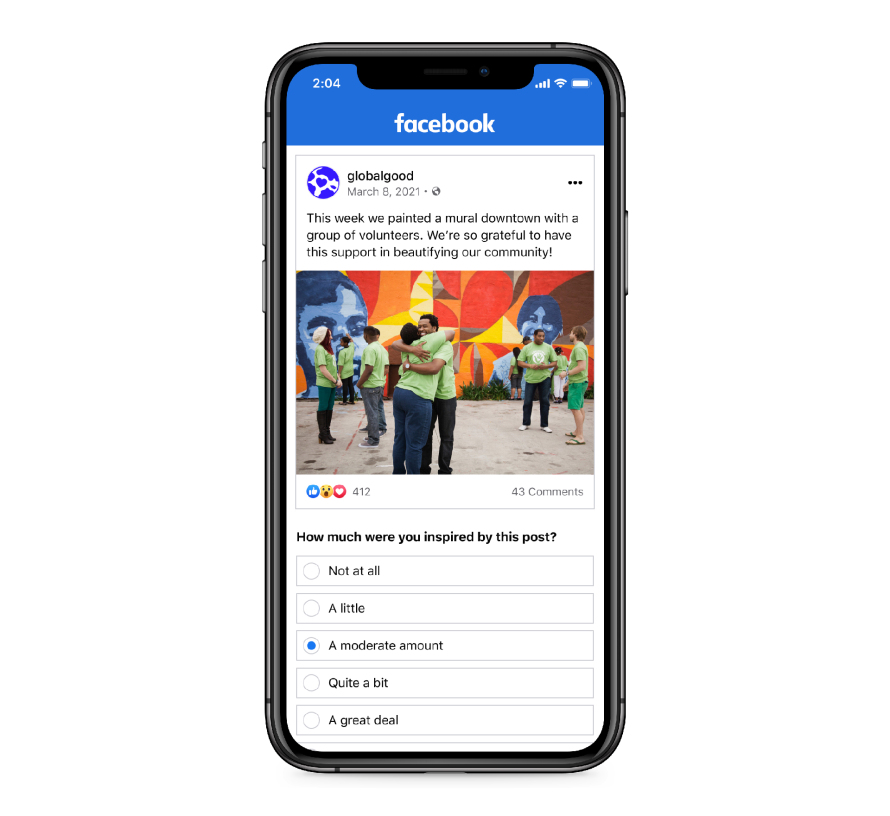In March, Facebook announced new ways to manage and control the News Feed with a feed filter bar, better explanations of suggested posts, and the ability to control what and who users share a post with. Now, the company is incorporating more feedback into its News Feed rating.
Starting this spring, Facebook is expanding its work to use direct feedback from users of its social media to understand what content users find most valuable. For example, the company will expand its “Worth Your Time” surveys. explained the company:
Facebook: Ranking algorithms are updated based on the answers
For example, if users say a post is worth their time, we'll try to show such posts higher in the News Feed, and if it's not worth their time, we'll try to show such posts lower. We also use polls to better understand how meaningful different friends, Pages and groups are to people, and the ranking algorithms are updated based on responses.
Facebook will use even more feedback from users to better display posts. Below you will find the approaches mentioned:

Whether people find a post inspiring:
- Facebook is running a series of global tests asking people what posts they find inspiring. The company will use the answers as a signal in News Feed rankings, with the goal of showing people more inspiring posts higher up in their News Feed.
Measuring interest in specific topics:
- Although people can choose whether they want to see a post from a friend or family member, they may not want to see everything that people post. Facebook will ask people if they want to see more or fewer posts about a particular topic, such as cooking, sports or politics.
It becomes easier to give direct feedback on a post:
- If the user comes across something they find irrelevant, problematic, or irritating, they can tap the X in the top right corner of the post to hide it from the News Feed and see fewer posts of that type in the future.
Better understanding of content that people want to see less of:
- Facebook will work over the next few months to understand what types of content are associated with negative user experiences. For example, it will look at posts with a lot of angry reactions and ask users what types of posts they want to see less of.
According to the company, these features will be gradually rolled out to Facebook users in the coming weeks. (Photo by Denys Prykhodov / Bigstockphoto)





